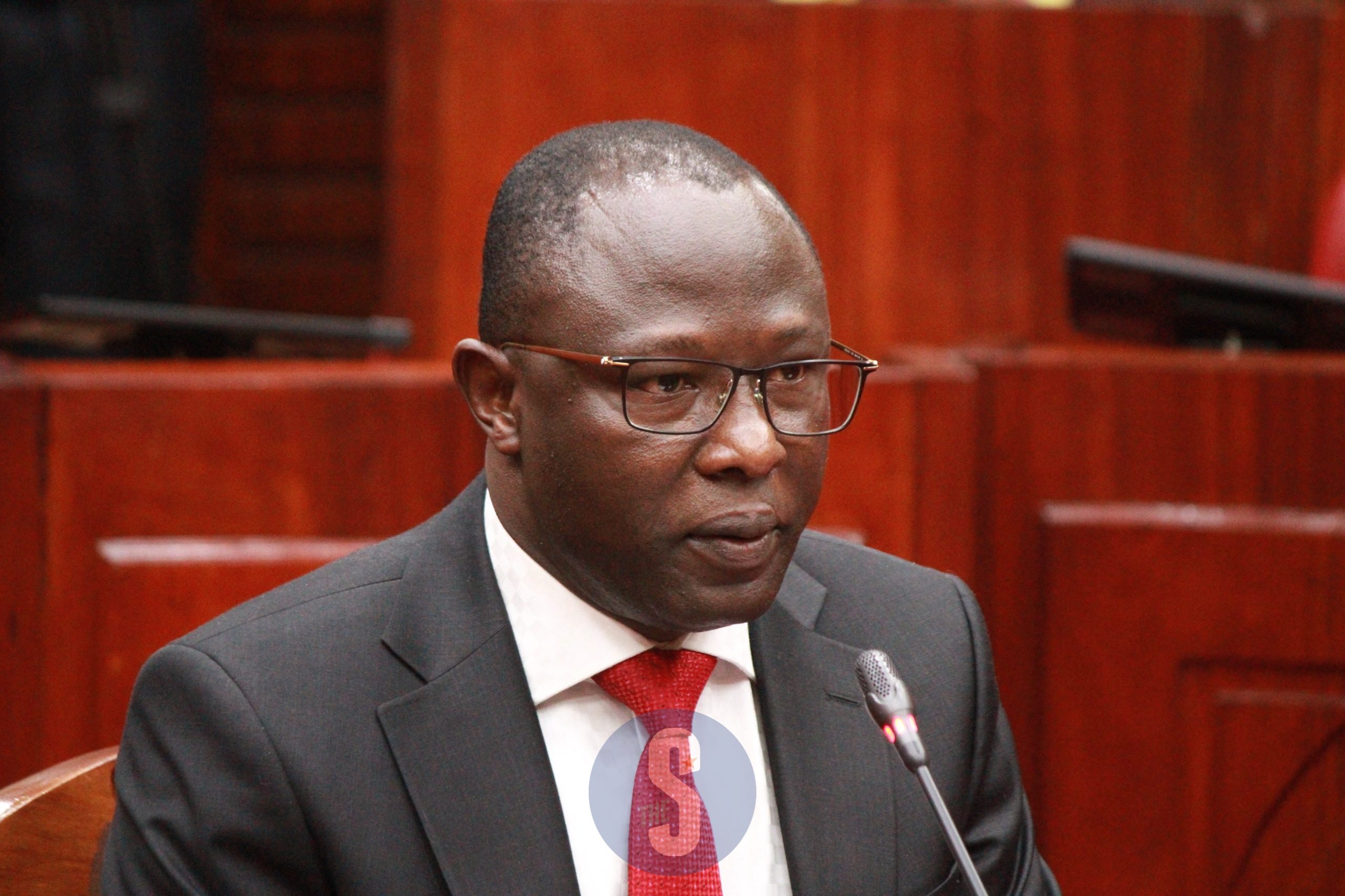

The nominee for the position of Chairperson of the Independent Electoral and Boundaries Commission (IEBC), Erastus Ethekon, has pledged to remain impartial in the lead-up to the 2027 elections amid concerns over his potential bias.
Appearing before the National Assembly’s Justice and Legal Affairs Committee (JLAC) for vetting on Saturday, Ethekon said he would be guided strictly by the Constitution and the laws of Kenya in carrying out his mandate if confirmed to lead the electoral body.
“I want to assure the committee that I will not be biased,” Ethekon stated.
“Whatever past professional associations I may have had, the IEBC is an independent institution, and I intend to uphold that independence without compromise.”
The vetting session, chaired by Tharaka MP George Murugara, comes just days after a High Court ruling lifted an injunction that had previously halted the vetting process over concerns of imbalance in the nomination list.
During the session, Rarieda MP Otiende Amollo informed the committee that three individuals had submitted formal objections to Ethekon’s nomination, citing perceived bias due to his prior association with Josphat Nanok, the former Governor of Turkana County and current Deputy Chief of Staff at State House.
“The objection claims you might favour President William
Ruto in the 2027 elections because of your links with Nanok, who was your boss
when you served as legal advisor in Turkana,” said Amollo.
Ethekon, in response, acknowledged his previous role in Turkana County but emphasised that his relationship with Nanok was strictly professional and not personal.
“For the record, I am not related to Nanok—not even at the clan level, let alone family. Our work together was about service delivery for the people of Turkana, and nothing more,” he clarified.
Ethekon also recognised the high expectations placed on the IEBC and its leadership, especially in light of past electoral controversies.
“I applied for this role knowing full well that trust in our electoral process has been fragile. If confirmed, I intend to rebuild and reinforce public confidence in the commission’s work,” he told the committee.
The vetting of IEBC nominees resumes following months of delay caused by a legal challenge filed by three petitioners, who argued the selection process lacked regional and gender balance.
With the court’s green light, Parliament is now moving forward with the vetting of both the chairperson and commissioners expected to steer the country through the next general election.









